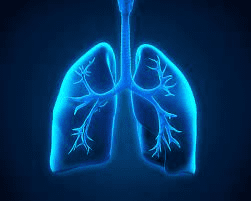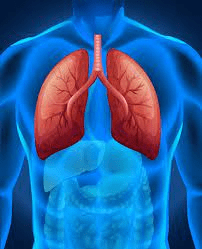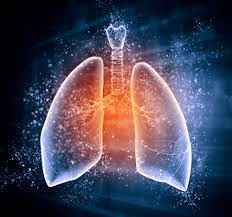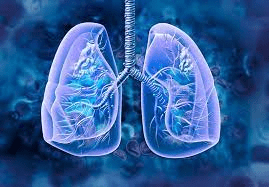New lung cancer medication reduces mortality risk by 50%
According to the findings of a ten-year lengthy international clinical study, a new drug has the potential to reduce the chance of dying from lung cancer by half.
Results presented at the American Society of Clinical Oncology’s (Asco) annual conference in Chicago shown that taking the AstraZeneca medicine osimertinib after surgery significantly lowered the probability of patients dying by 51%.

Osimertinib, sold under the brand name Tagrisso, targets a specific subtype of lung cancer in patients with non-small cell lung cancer, the most prevalent subtype, and a specific subtype of mutation.
Around 1.8 million people die from lung cancer each year, making it the most common kind of cancer in the world.
According to main author Dr Roy Herbst, the deputy head of Yale Cancer Centre, “thirty years ago, there was nothing we could do for these patients,” as stated by the Guardian. “We now own this powerful medication.
“Fifty percent is a big deal in any disease, but certainly in a disease like lung cancer, which has typically been very resistant to therapies.”
The experiment examined whether the medication may benefit people with non-small cell lung cancer and included participants from 26 different nations, ranging in age from 30 to 86.
Every participant in the experiment had an EGFR gene mutation, which is responsible for up to 40% of lung cancer occurrences in Asia and is present in around a quarter of all lung cancer cases worldwide. The likelihood of having an EGFR mutation is higher in women than in males, as well as in nonsmokers and light smokers.
According to the study’s conclusions, more individuals with lung cancer must undergo testing for the EGFR mutation.
According to Herbst, the drug is “practice-changing” and ought to be the “standard of care” for the 25% of lung cancer patients who have the EGFR mutation globally.
This underlines even more how important it is to identify these individuals using the available biomarkers at the time of diagnosis and before starting therapy.
After five years, 88% of patients who took the daily medication after having their tumour removed were still alive, compared to 78% of patients who received a placebo, according to the study.







